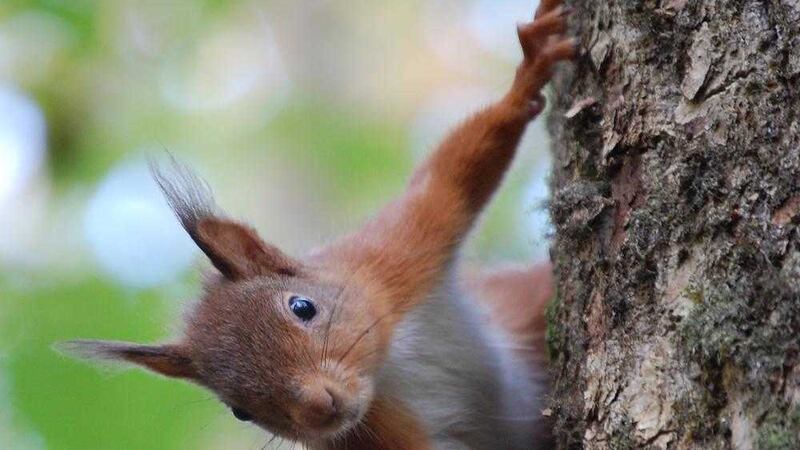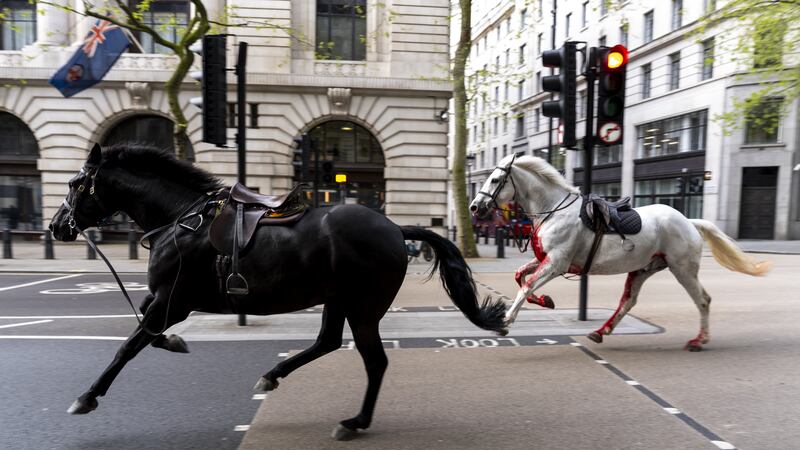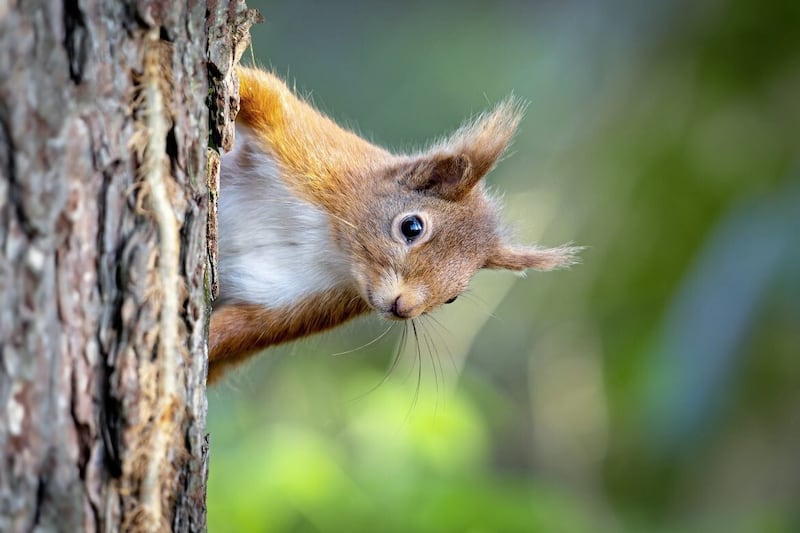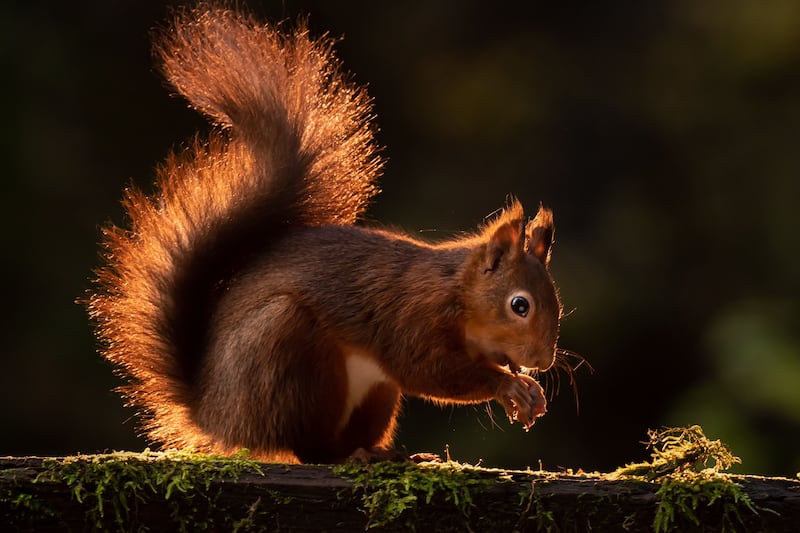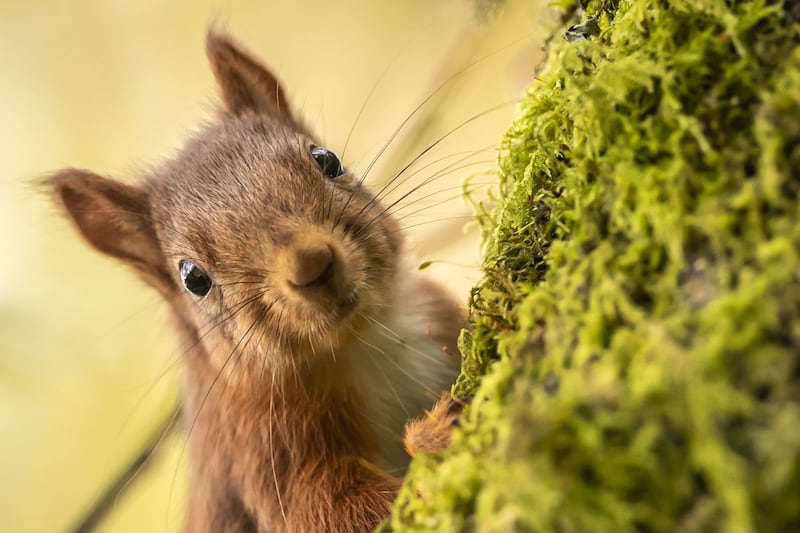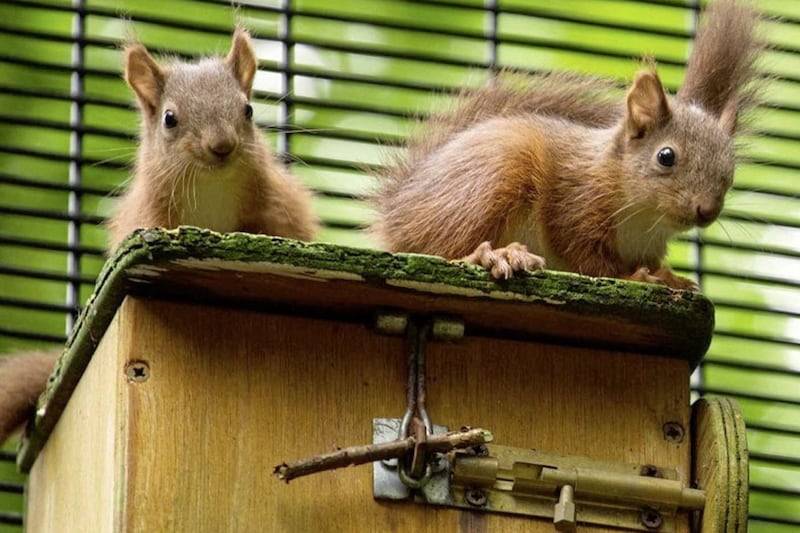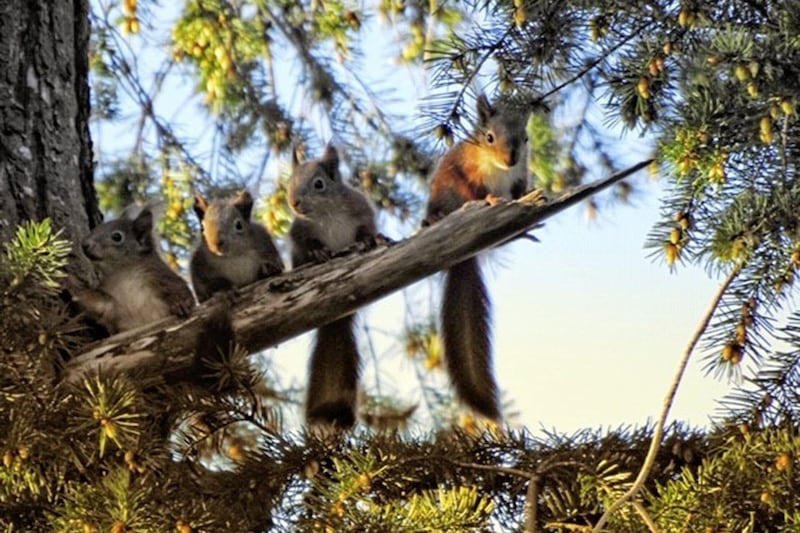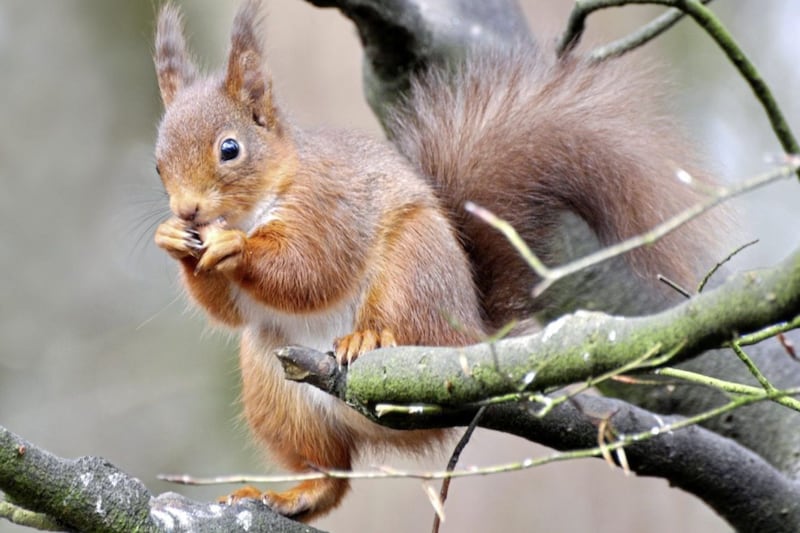A disease deadly to red squirrels has re-appeared in Northern Ireland after a five year absence.
Cases of Squirrel Pox, which can kill animals in just 10 days, have been confirmed in Tollymore Forest Park, according to wildlife inspectors.
Declan Looney, from the Northern Ireand Environment Agency (NIEA), said: "Sick red squirrels will appear lethargic, approachable, with painful sores on their faces and paws.
"Unfortunately there appears little natural resistance to the virus within the local population and sick animals tend to die within 10 days to two weeks."
The virus is not harmful to humans or domestic pets but householders who may feed red squirrels have been advised to take extra precautions to stop it spreading.
Mr Looney added: "If you have squirrels entering your garden to feed at bird feeders, please either remove these or clean them daily to reduce the spread of the virus
The decline of red squirrels in the UK and Ireland has been blamed on the effects of Squirrel Pox plus the loss of habitat and competition from grey squirrels.
A spokesman from the Forest Service, which is a member of the Northern Ireland Squirrel Forum, said: "It is not unusual for this disease to re-emerge some years after the initial outbreak.
"The fact that the red squirrel population recovered in the intervening years gives us great encouragement that working in partnership with the NIEA and the Tollymore Red Squirrel Group on the implementation of control measures will once again produce a successful outcome.
"We urge anyone visiting Tollymore Forest Park, or indeed any red squirrel area, to immediately report any sightings of red squirrels showing signs of the disease to the NIEA wildlife team or a member of the NI Squirrel Forum."
Reports can be made at; http://www2.habitas.org.uk/records/squirrels.
